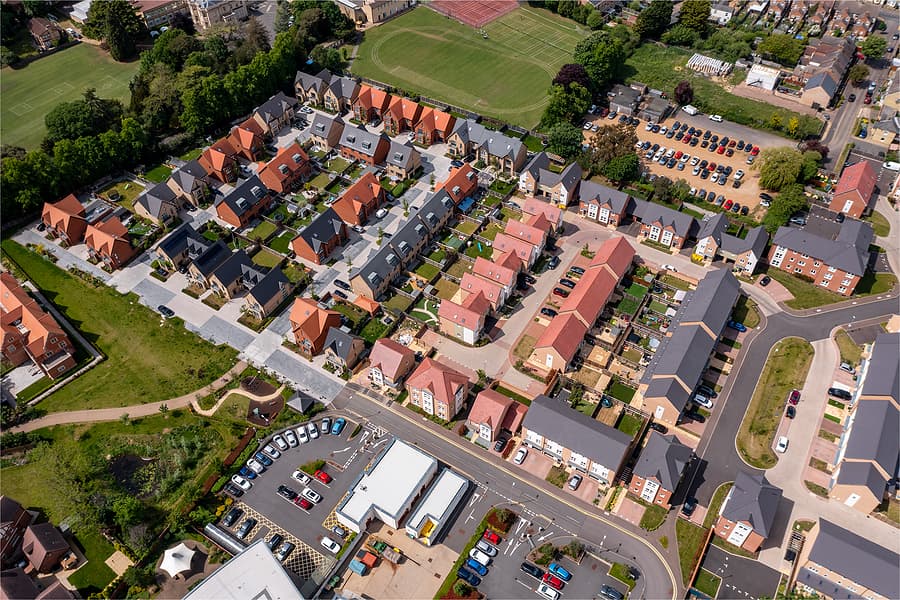The effects of the single highest bank rate rise in 33 years have yet to be reflected in average house prices which continue to reach record highs.
According to Rightmove’s House Price Index, estate agents have reported the average price of a property coming to market at over £371,000, another all-time record for the statistic, although a lower increase than the five-year average.
This is in spite of, or perhaps because of a 0.75 per cent increase in the Bank Rate, the interest rate the Bank of England lends money to mortgage providers at and typically an anchor for which many mortgage rates base themselves.
Part of the reason for this is that much of the demand from buyers over the past few years has remained, so there are people who are motivated to buy regardless of mortgage rate, particularly since there is far more demand than supply at present.
Another important factor is that fixed mortgage rates are often agreed to up to six months in advance, so some buyers are keen to get onto the property ladder now before the cumulative increases in the cost of borrowing become too apparent.
One last aspect to this, and why many buyers who did not have a fixed deal in place are still motivated to buy, is the uncertainty surrounding the housing market in the wake of the 23rd September fiscal event.
Financial effects often take many months to manifest in real terms, and whilst there was a notable shock in the mortgage market in the immediate aftermath of the “mini-budget”, the long-term effects on mortgage rates and eligibility will only be seen in the new year.
Once people have reevaluated their financial situations in the wake of energy price increases and increased household costs, it remains to be seen what the overall trajectory of the property market may look like.



 2 minute read by
2 minute read by 



Share this with
Email
Facebook
Messenger
Twitter
Pinterest
LinkedIn
Copy this link